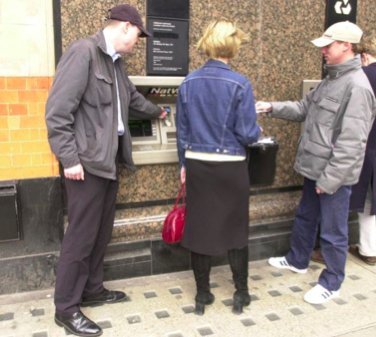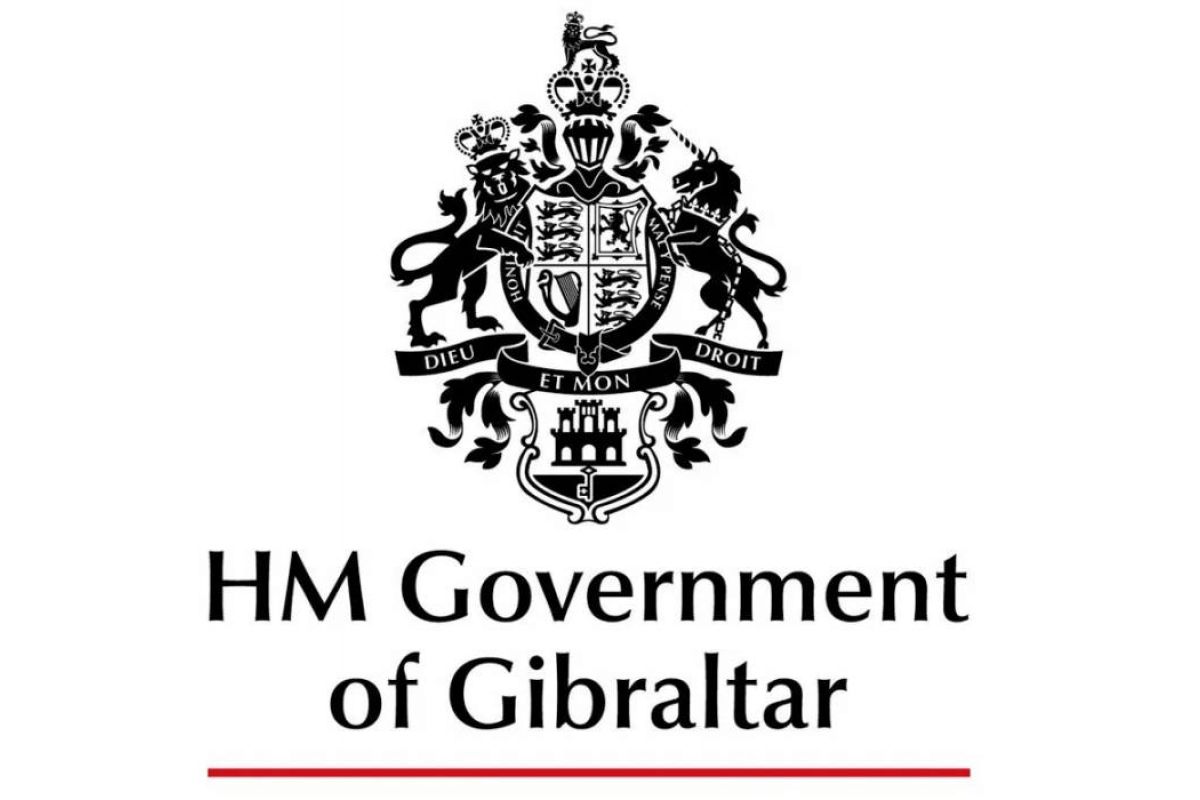Jul 03 - Crime Awareness Week Day 5: Looking After Yourself And Your Mobile And ATM Safety
 Whether locally, in neighbouring towns and cities, or even whilst overseas on holidays, people can be left vulnerable when they and others are out drinking during a night out. Going out frequently for drinks or clubbing is very common during the summer period, and as a result, these activities can sometimes result in people taking additional risks with their own and others’ safety.
Whether locally, in neighbouring towns and cities, or even whilst overseas on holidays, people can be left vulnerable when they and others are out drinking during a night out. Going out frequently for drinks or clubbing is very common during the summer period, and as a result, these activities can sometimes result in people taking additional risks with their own and others’ safety.
• Firstly, if out in a group look out for each other.
• Plan how you are getting home and plan the journey. If you book a taxi for coming home, wait for the driver to ask for you by name – don’t ask them if they are waiting for you.
• Don't leave your drinks unattended. Carry them with you when dancing and take turns to go to the loo.
• If you have a drink bought for you, make sure you take it directly from the bar staff.
• Keep an eye out for anyone in your group acting more drunk than the amount of alcohol they have consumed would warrant - we all know our reaction to alcohol and if you or they feel ill or drunker than expected, your drink may have been tampered with - raise the alarm to someone straight away and head home.
• If you have hooked up with someone and are heading home with them, to yours or theirs, think about where it's leading and make sure you are both capable of making sound decisions and that consent is given by both of you.
• Know your limits with alcohol. If one of your friends is unable to look after themselves, step in and take care of them - hopefully they will return the favour should you ever need it.
• Avoid accepting a lift from a stranger and going home with someone you have only just met. And don't be afraid to call for help if you think you need it - don't wait until it's too late.
• Avoid giving out your home address to people you have just met.
• If you are meeting someone for the first time, think of suggesting another activity that doesn't involve alcohol or meeting in a bar.
• Do not leave your belongings unattended at the beach or pool, no matter how quick you think your swim will be. Thieves will also be very quick.
The purpose of this advice is to reduce the possibility of people finding themselves in situations where a chain of events can lead to serious consequences. This is about raising awareness around areas where people can look at reducing these risks.
MOBILE PHONES
Mobile phones are lost and/or stolen every year across the world; in Gibraltar, this is not a major issue when compared against statistics in other jurisdictions. Those cases that do occur locally largely come about due to owners misplacing them and/or leaving these briefly unattended on a table, inside a jacket/bag, etc. This carelessness is taken advantage of by opportunists.
The following are some tips for keeping your phone safe while out and about, and especially whilst on holiday:
1. Use the security features provided
Most mobile phones have a number of security features designed to stop people accessing a phone and using it should it be stolen. In order for these security features to work it is essential that as the owner, you switch them on.
The security features include:
• creating a PIN code that locks your handset
• tracing the location of, wiping data from, or locking your handset remotely using another internet enabled device (there are many security/tracking apps available)
• needing to enter a separate password or account ID to prevent thieves from simply resetting your handset to its factory setting, and therefore resetting any codes or other security features you have set
2. Know how to identify your mobile phone if it is stolen
Please be aware that you'll need to know more than just the model and colour of your handset.
Each handset manufactured for use has a unique International Mobile Equipment Identity number (IMEI) hardwired into it during the manufacturing process. Knowing the IMEI will help the police identify your handset should it be stolen.
Some network operators will also prevent a stolen handset from working across their respective networks if you can tell them the IMEI.
You can find your handset’s IMEI by:
• typing *#06# into the keypad of your handset
• OR looking inside the battery or SIM card compartment of your handset
• OR looking on the side of the box, or on the associated paperwork, that you received when purchasing the handset
3. Be aware of your surroundings
Consider the following when protecting your handset from opportunist thieves:
• Ensure you know where your phone is when you are in a busy location where you may not notice close contact with others e.g. concert venues, shopping centres, on public transport. These places are popular with pickpockets especially if your handset is visible in an open bag or hanging out of your back pocket.
• Think about when you use your phone – when on holiday, train and underground stations are popular places for snatch theft, as people instinctively get their handsets out to check for signal and any missed calls.
• Never leave your mobile unattended in a public place - you wouldn't leave your wallet or purse unattended in this way so don't leave your mobile phone on the table while you go to the bar to order a drink or go to the toilet.
 ADVICE AT ATM’s
ADVICE AT ATM’s
NEVER write down your pin: And DON’T keep it with your ATM card either! This gives a thief ready access to your account. If you have to write it down, keep it separate from your card. People make life very easy for pickpockets if they write down their PIN and keep it in their purse or wallet. If you have been given a number that you find difficult to remember, take your card along to a cash machine and change the number to one that you will be able to remember without writing it down.
When using ATM (Automatic Telling Machines) always ensure no one is looking over your shoulder. They can easily see your pin number and then target you to steal your card. Be aware of others around you. If someone near the cash machine is behaving suspiciously or makes you feel uncomfortable, cancel your transaction, use a different ATM and report the matter to Police.
Ensure you check the machine before you use it; look for any signs of tampering. Examine the machine for stick on boxes, stick on card entry slots etc. If you find it difficult to get your card into the slot, do not use it and go to another machine.
If there is anything unusual about the cash machine, report it to the bank/ owner of the premises immediately as well as to the Police. DON’T attempt to remove a device as it’s possible the offender may be nearby.
Using a Cash Machine:
Give other users space to enter their personal identity number (PIN) in private. Do not accept help from "well meaning" strangers and never allow yourself to be distracted. Stand close to the cash machine and always shield the keypad to avoid anyone seeing you enter your PIN.
Beware of being distracted while using the ATM. A method being used by criminal gangs is to observe an individual inserting his/her card into the machine and noting the PIN code as it is being entered. The individual is then distracted by having their attention drawn to an item on the ground (for example either £5 or £10 notes). Whilst their attention is focussed on the money, one of the gang removes the card and walks away. The team then have both your card and your PIN number.
• Criminal gangs have also spilt innocuous liquids including milkshakes over victims clothing distracting their attention from the ATM and again walking away with their card unnoticed. This method has also been used to elicit money from unsuspecting victims coming out of banks.
• Once you have made your transaction, put your money away discreetly and out the view of would be thieves.
• If you lose your card in a cash machine, contact with the card issuer’s 24-hour emergency line, which can be found on your last bank statement or other correspondence (It’s always a good idea to keep these types of numbers saved in your phone’s contacts list.).
Do not assume that your bank automatically knows that a machine has withheld your card or has been tampered with. REPORT IT !
{fcomment}







